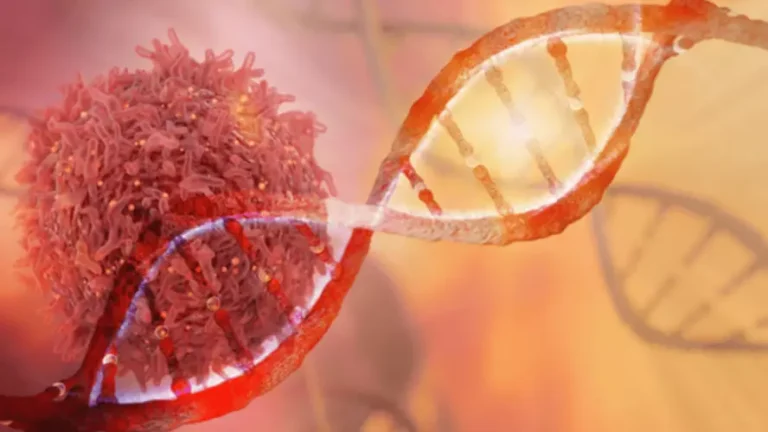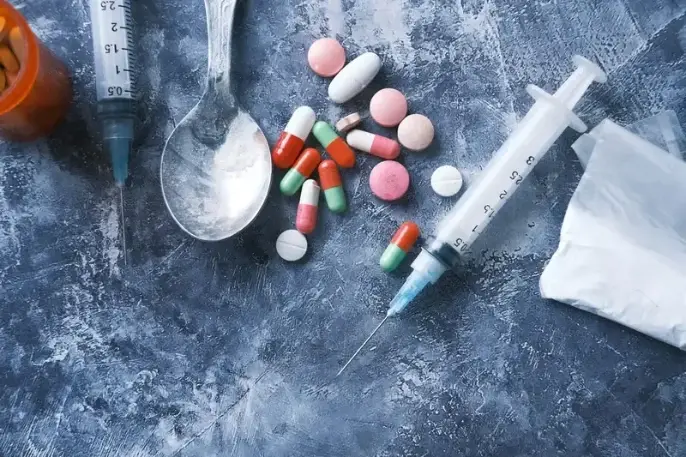However, like other stimulants, crack can mask the effects of alcohol, causing someone to drink more than they normally would. Conversely, alcohol can mask the stimulating effects of crack, potentially leading to an overdose. In the late 1970s, Columbian drug traffickers developed sophisticated networks for the production and distribution of cocaine to the U.S. During this time, the market became flooded with cocaine to the point where there were more drugs than people to consume it. To recoup the losses and make more money, suppliers began converting cocaine into crack by heating the powder and solidifying it with baking powder or ammonia.
Dangers & Risks of Crack Addiction
Recognising crack cocaine addiction is not always easy – oftentimes, the user hides it well, and it can manifest in a number of different ways. There are always, however, telling psychological, physiological, and behavioural changes in people who use crack. Once inhaled into the lungs, the active components are quickly absorbed into the bloodstream resulting in a fast but short-lived high, typically lasting five to fifteen minutes. The brain is flooded with dopamine, leading you to experience intense feelings of euphoria, increased energy and alertness, and increased sensitivity to stimuli. There are no medications approved by the FDA specifically for crack cocaine addiction, but treatment options are available. It may be smoked with marijuana or tobacco, or taken with heroin (called “speedballing”).
Breaking Free from Crack Cocaine’s Grip
We have years of experience in the addiction space and contracts with many insurance providers. All information is confidential and there is no obligation to enter treatment. Although it is distinctive, people who are unfamiliar with most intoxicating drugs do not know the difference between the smell of crack cocaine and the smell of a meth lab. Either can be dangerous, so it is important to report suspected labs and chemical-like smells to 911 immediately. Changes in color may be related to adulterants, including caffeine, sugar, lactose, or other drugs like levamisole, which have been added to the rocks.
What Is Crack Cocaine?
Crack and other forms of cocaine are stimulants that cause the heart rate to increase and blood vessels to constrict. The drug interacts with the dopamine system in the brain, and over time, a person will need to take larger amounts of the drug to get the same high. Crack can cause or worsen lung disorders, perforate nasal passages and reduce sense of smell. Cocaine is a stimulant drug that is known for producing effects such as energy, increased alertness, euphoria, talkativeness, and decreased appetite. It is highly addictive, and people can experience a strong craving for cocaine almost as soon as the drug leaves their leaves the bloodstream.
Contact Hanley Center
Yes, possession or distribution of crack cocaine is illegal in many jurisdictions and can lead to significant legal consequences, including imprisonment. The legal ramifications of drug-related crimes can further complicate the individual’s ability to seek treatment and recover. Crack gained particular notoriety for its highly addictive properties and short addiction recovery quotes potent effects. Smoking crack delivers a rapid and intense high, often described as an intense rush of euphoria that lasts for a brief period. This intense and immediate effect contributed to the rapid spread of crack addiction. The production of crack involves mixing cocaine powder with baking soda or another alkaline substance and heating it.
- Signs that someone has potentially binged on crack can include extreme irritability, paranoia and anger.
- Someone affected by crack cocaine addiction will experience depression when trying to cut back or stop using the drug.
- Auditory hallucinations may be symptoms of paranoia and signs of crack use that precedes an overdose.
- Working with a doctor or addiction specialist, you can set up an intervention for their crack addiction, to help get them into a treatment facility.
- Since crack affects the nervous system, the nerves that impact a person’s iris and pupils in their eyes will be affected.
She started off her career with a scholarship from the Western Psychological Association for her undergraduate work in perceptual processing. In 2014, she achieved her master of arts in psychology from Boston University, harnessing a particular interest in the effects that drugs and trauma have on the functioning brain. Today, an estimated 1.5 million Americans over the age of 12 are regular cocaine users. Crack addiction can be safely and effectively treated using drug detox and other therapies aimed at helping people overcome psychological symptoms and causes of addiction. If you or someone you love is struggles with addiction, reach out to American Addiction Centers (AAC) by filling in our online insurance verification form below or calling us at .
Since crack possession is illegal, some users will face legal trouble even if they don’t engage in risky behaviors. It’s popular with drug users seeking an inexpensive, rapid-acting and ultra-potent, euphoric high. The name “crack” comes from the sound produced from burning the drug’s rock-shaped chunks. Unlike cocaine, crack results in near-immediate effects when inhaled into the lungs and absorbed into the bloodstream. Crack is a potent form of cocaine that can easily be produced from powder cocaine to be smoked. This form of ingestion causes the crack chemicals to reach the brain much more rapidly and in higher concentrations than the traditional methods of snorting cocaine powder.
A person who continually uses crack may not sleep for days on end, which can result in extreme paranoia and can be dangerous. We do not receive any commission or fee that is dependent upon which treatment provider a caller chooses. Mark always said the initial rush from smoking crack offered the most appeal to him. It also made him more social in public, increased what does getting roofied mean his sexual pleasures, and allowed him to drink Jack Daniels all night long without passing out. Every time he went on a binge, Mark would find himself obsessing about scoring more crack immediately after the very first hit. But it was the depression and bouts of paranoia he experienced during the comedown that eventually led Mark to commit suicide.
Typically, pure crack will appear as off-white “rocks,” which aren’t very dense and may seem crystalline. In many cases, however, crack isn’t pure when sold on the street, drug rehab statistics success rates and it’s often cut with many other substances to increase how much it seems like a person is buying. Some of the substances crack is cut with can be incredibly dangerous.
Anyone exhibiting these symptoms may meet the clinical definition of crack cocaine addiction. Valley Spring Recovery Center offers comprehensive addiction and mental health treatment services. Contact our admissions team, available 24/7, to start your journey towards recovery. It is important to remember that recovery is possible, and with the right support and dedication, individuals can overcome crack addiction and lead fulfilling, drug-free lives. Crack addiction is a serious and complex issue with significant physical, psychological, and social consequences. It can lead to severe health problems, strained relationships, financial difficulties, and legal issues.
Since crack produces a more intense effect, damage done to the brain and body can be more severe and develop fairly quickly. Crack cocaine addiction can destroy a person’s life in just a week’s time when used on a repeated basis. If you or someone you love is struggling with crack cocaine addiction, seek help right away. Crack is a dangerous drug that can cause serious problems with one’s physical and mental health and can lead to a fatal overdose. But crack addiction treatment can help you or a loved one safely and fully overcome addiction.
If they are not asleep, their behavior may be characterized by negative emotions, extreme fatigue, and inactivity. Crack addiction is a disease that many people do not feel as though they have the strength to stop. It is also a disease that other people can notice in those whose suffer from it, due to crack addiction symptoms. Abusers think they are being followed or watched and the fear can become so overwhelming that they make rash decisions placing themselves or others in harm. Paranoia can lead to panic attacks and other psychosis which can be physically or psychologically dangerous.















